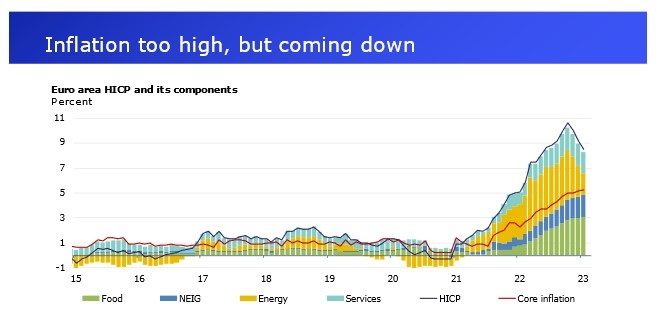Ursula von der Leyen : “For almost one year now, Russia’s war of aggression has been sowing death and destruction. Putin is not only waging a brutal war on the battlefield but he is also viciously targeting civilians. The aggressor has to pay for this. Today, we are turning up the pressure with a 10th package of sanctions. First, we propose further export bans worth more than €11 billion, to deprive the Russian economy of critical technology and industrial goods. For maximum impact, we are targeting many industrial goods that Russia needs, and that it cannot get through backfilling by third countries. Vital goods such as electronics, specialized vehicles, machine parts, spare parts for trucks and jet engines. And we are targeting goods for the construction sector which can be directed to Russia’s military, such as antennas or cranes.
Continue reading…
Gone are the days when organisations could simply promise a speak up culture. Today, fostering a culture of trust, integrity, and a positive work environment…
Download whitepaper









